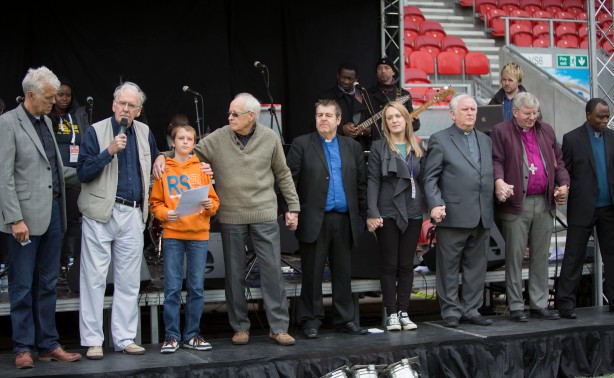London in Focus
Over the past 500 years, since the Reformation first came to Britain, London has acted as a hub for the spread of the gospel, not only in Britain but around the world. Yet today London represents one of the neediest mission cities in the western world. FIEC’s London Director, Trevor Archer, elaborates.

As author Bill Bryson put it in his travel book Notes from a Small Island(published by HarperCollins, 1995), “I can never understand why Londoners fail to see that they live in the most wonderful city in the world.”
As a 2000-year-old city dating back to the Roman invasion of Britain around the time of Christ, London is now regarded as a leading global centre for trade and technology, the arts and academia, learning and leisure. It welcomes a staggering 14 million foreign visitors every year.
With around 8.5 million residents, it represents about 12.5% of the total UK population – larger than the combined population of Scotland and Wales.
Every year, the population grows as people from around the world are drawn to this metropolis of diversity and opportunity, and it is expected to reach over 9 million inhabitants by 2030.
Stark contrasts
London is a multicultural, multi-ethnic smorgasbord of 300 languages, with almost half of the population being non-white, Asian or African. When surveyed about their religion for the 2011 National Census, 20% said they had no religion, 12% said they were Muslim, 5% Hindu, 2% Jewish and 1% Buddhist.
The capital is also a ‘young’ city, with around 60% of the population aged under 40, and 32% under 24. It is also a city of stark contrasts between rich and poor, educated and uneducated, indulgence and indifference, beauty and ugliness, suburban comfort and urban deprivation.
It is estimated that no more than 3% of Great Britain’s population is composed of Bible-believing Christians. In London, the presence of many large Black and Asian-majority churches swells that percentage to around 5%. This means that even the most significant evangelical groups in London are small in comparison to the size of the population.
Historical divide
Those evangelical groups can be broadly categorised as Black and Asian, Anglican Evangelical, and Independents (including Eastern European and South American churches). Whichever way the cake is sliced, it remains that millions are yet unreached for Christ!
In addition, despite some fine efforts in recent years, there remains a historical divide between White and Black/Asian Churches in London. Looking ahead, perhaps the best hope of bridging that divide lies in the ‘second / third generation’ factor – the children and grandchildren of immigrant churchgoers. These people find themselves with something of an identity crisis between loyalty to their parents’ cultures and the traditions and the draw of their multi-cultural British upbringing and education.
Challenges
The challenges facing evangelicals are numerous and often interwoven. Some are distinct to particular ethnic groups. They include disengagement with locality because of a failure to understand or engage with a rapidly changing culture. This can often result in a ‘ghetto’ mentality in churches.
Many congregations are made up of elderly people and lack leadership and gospel vision, and there may be a failure to engage with, and invest in, the next generation of young adults in the church.
There’s often a loss of confidence in the gospel and of teaching the Bible as the means of growing the church, and the high crime rates of vast urban estates, along with antipathy towards the gospel, provide huge barriers. White British people of all social groups are often the hardest people to reach.
Optimism
The sheer immensity of the task before the church can be numbing of gospel expectation, but – despite all of these challenges (and more) – there is good gospel reason to be optimistic about the future!
Even the most cursory historical knowledge reminds us that the church has been here before. The First Century church faced a very similar challenge. The Lord was pleased to move then and subsequently through the Reformation in 16th Century Europe and in 18th Century revivals. The Lord’s heart in the Bible for great cities such as Nineveh and Jerusalem give every confidence that the gospel can yet ring into, and from, London in the coming years.
Pray
But, for this to happen, we must commit to pray about the situation in this great city. So, please would you join in with praying for:
- A growing awareness among evangelical leaders, born of gospel heartedness and urgency, to develop generous partnerships across historical and ethnic divides.
- New churches to be planted in the most populous and unreached urban areas of London.
- Failing churches to be willing to embrace change for the gospel’s sake, and for thriving churches to come alongside to love and serve them.
- The Lord to raise up young leaders from the White and Ethnic evangelical groups who will understand the specific cross-cultural challenges London presents, and be given great wisdom and vision to work together for the glory of God and the good of London.
- The Christian leaders whom the Lord already has in place in churches, government, industry and care agencies. Pray that they will display grace, wisdom and boldness.
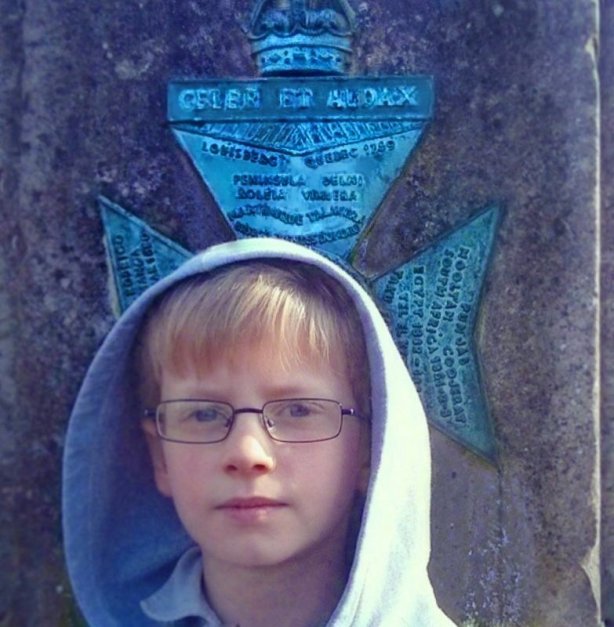
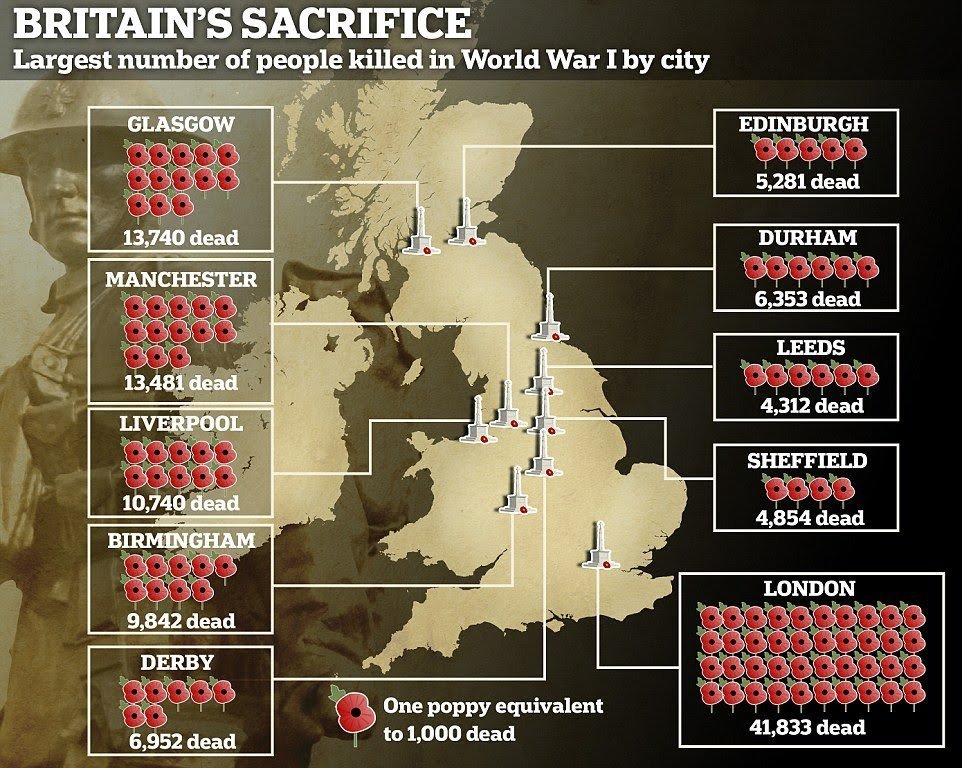
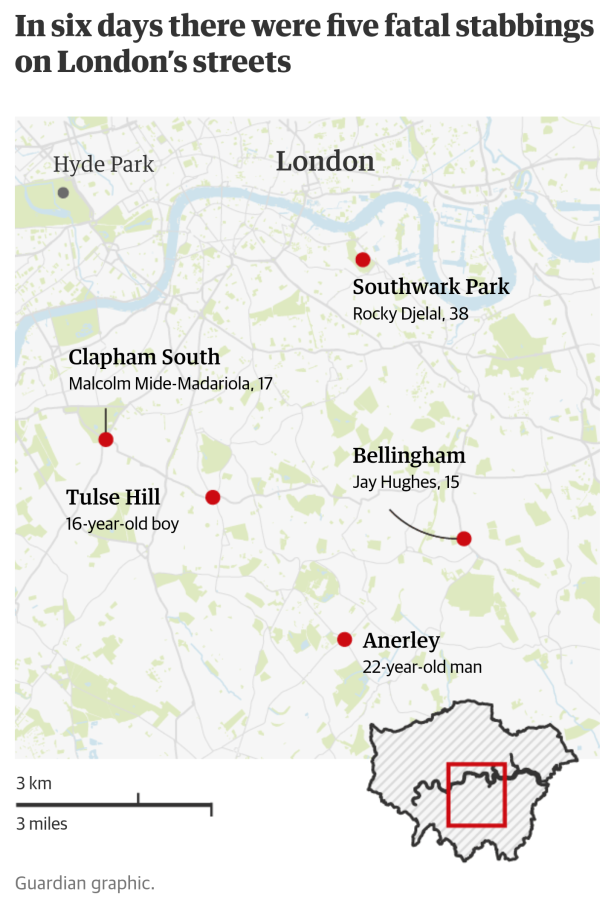
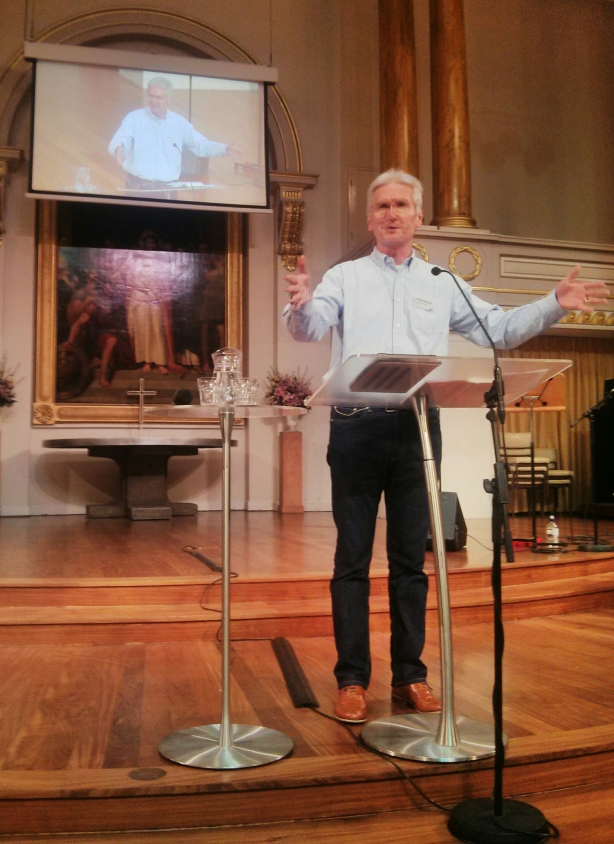




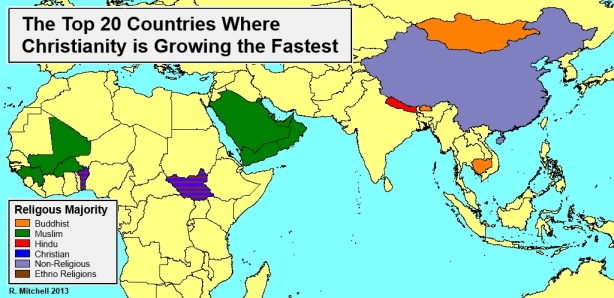
 How do you feel about reading a book on prayer?
Part of me feels that’s the last thing I need: another excuse to get me off doing the one thing I seem to avoid: praying.
How do you feel about reading a book on prayer?
Part of me feels that’s the last thing I need: another excuse to get me off doing the one thing I seem to avoid: praying.

